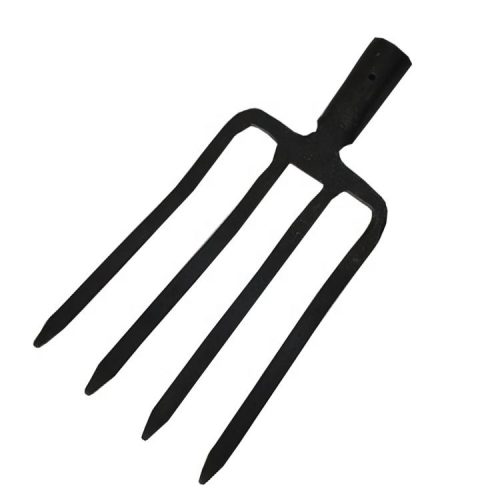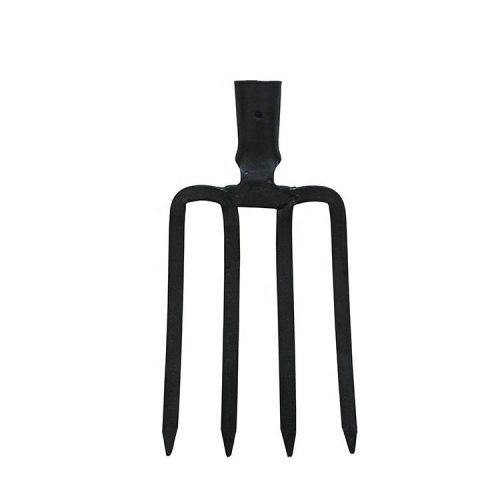Plastic tool handles offer several advantages due to their unique properties and manufacturing capabilities. Here are some of the advantages of using plastic tool handles:
- Lightweight: Plastic tool handles are generally lightweight compared to metal alternatives, making tools easier to handle and maneuver. This can reduce user fatigue during prolonged use.
- Corrosion Resistance: Unlike metal handles, plastic handles are highly resistant to corrosion and rust. This is particularly beneficial when the tools are exposed to moisture or chemicals, as they won’t degrade over time.
- Insulation: Plastic is a good insulator of heat and electricity. This property makes plastic tool handles safer to use in situations where there’s a risk of electric shock, such as in electrical work.
- Comfort: Many plastic handles are designed ergonomically, with contoured shapes that provide a comfortable grip. This is especially important for tools that are used frequently or for extended periods.
- Vibration Dampening: Some plastic materials have natural vibration-dampening properties. This can be advantageous for tools that produce vibrations during use, as it can help reduce the impact on the user’s hands and arms.
- Customizable Design: Plastic can be molded into a wide range of shapes, sizes, and textures. This allows manufacturers to create tool handles with specific grips, angles, and features that are tailored to the intended use of the tool.
- Cost-Effectiveness: Plastic tool handles are often more cost-effective to manufacture compared to metal alternatives. Plastic molding processes can be efficient and relatively inexpensive, leading to lower production costs.
- Color Options: Plastic tool handles can be produced in various colors, which can help with tool identification, organization, and branding.
- Low Maintenance: Plastic handles generally require less maintenance than metal ones. They don’t need regular cleaning or protection from corrosion, which can save time and effort for users.
- Environmental Considerations: Some types of plastic are recyclable, and there is an increasing focus on developing eco-friendly plastics made from sustainable materials. While plastic does have environmental challenges, using recycled or biodegradable plastics can help mitigate its impact.
- Chemical Resistance: Certain types of plastic handles can be resistant to various chemicals and solvents, making them suitable for use in industries where exposure to these substances is common.
- Non-Conductive: Plastic handles are non-conductive, which is essential for tools used in situations where electrical conductivity could pose a safety risk.
It’s important to note that the specific advantages of plastic tool handles can vary depending on the type of plastic used, the design and manufacturing processes employed, and the intended application of the tools.


